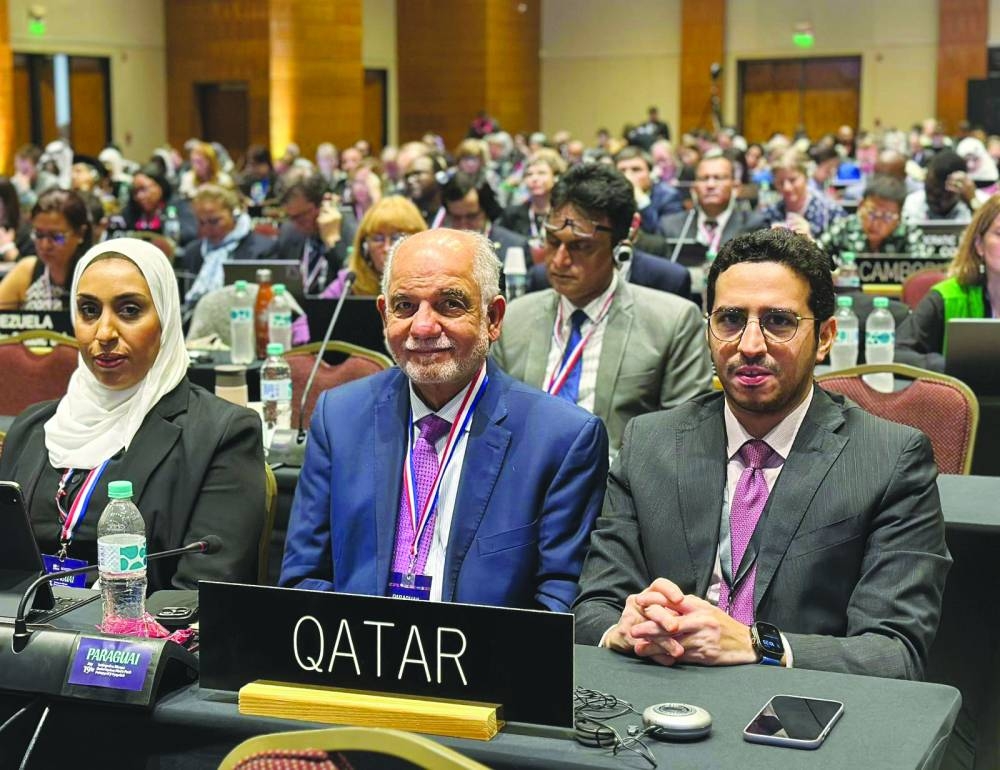Qatar has reiterated its commitment to promoting human heritage by incorporating it into its National Strategy (2024 — 2030) to empower citizens to unleash their creative potential and acquire high-level skills through direct participation in achieving Sustainable Development Goals and realising Qatar National Vision 2030.
During the 19th session of the Unesco Intergovernmental Committee for the Safeguarding of the Intangible Cultural Heritage (2003 Convention) currently taking place in Asuncion, Paraguay and which continues until December 7, HE the Permanent Representative of Qatar to Unesco Dr Nasser bin Hamad al-Hanzab emphasised Qatar's dedication to enhancing international peace and security in its areas of expertise to achieve sustainable development goals, the promotion of coexistence with diverse cultures and empowering local communities through culture since joining Unesco, underscoring Qatar's deep belief in the noble objectives of the Convention for the Safeguarding of the Intangible Cultural Heritage.
He stated that preserving intangible heritage and traditional crafts is one of the significant challenges many communities face in a world characterised by globalisation and increased exchanges among people.
He affirmed Qatar's contribution to addressing challenges related to safeguarding cultural heritage as outlined in the 2003 Convention and its efforts to protect it while promoting human values.
Qatar's delegation to the meeting includes HE the Permanent Representative of Qatar to Unesco Dr Nasser bin Hamad al-Hanzab; International Cooperation Affairs Advisor in the Department of International Cooperation at the Ministry of Culture Ali Zainal; Head of International Organisations Section in the Department of International Cooperation at the Ministry of Culture Najla Hamad al-Athba; and Maryam Abdulwahab Saleem from the Heritage and Identity Department at the Ministry of Culture.
The Intangible Cultural Heritage Committee consists of 24 members representing the six electoral groups of Unesco, elected for four-year terms, with elections held every two years to renew half of the council's membership.

